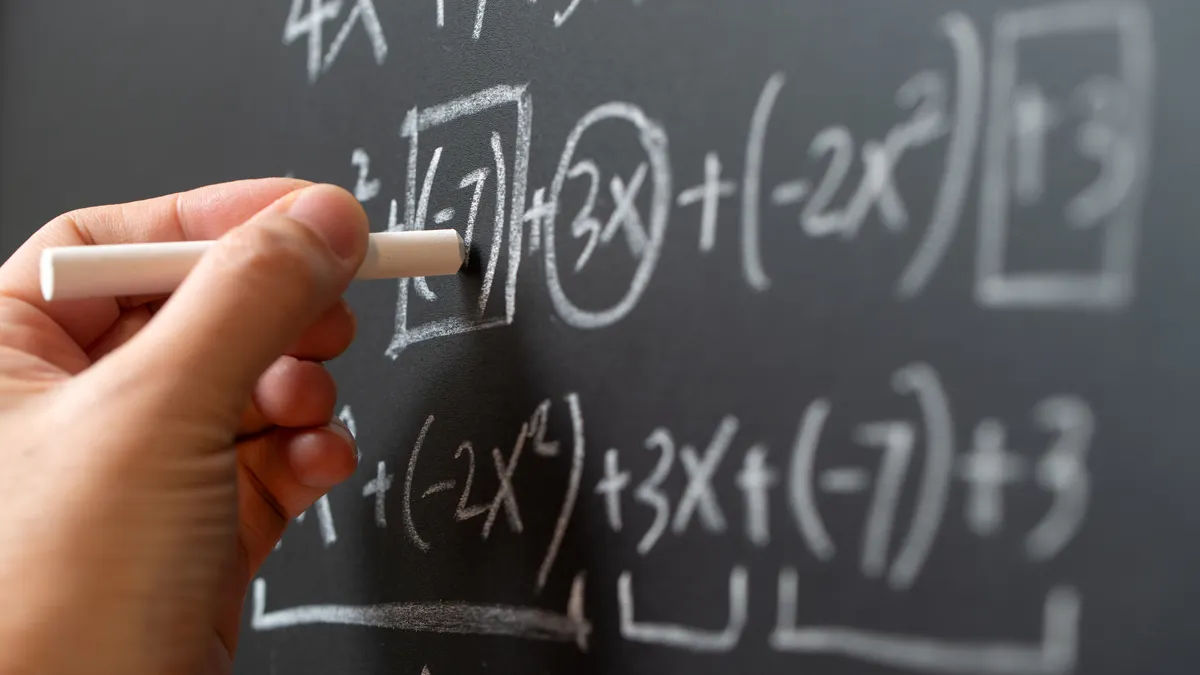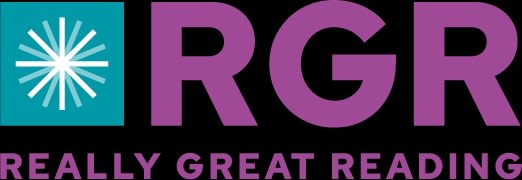Dive Brief:
- Disappointing math performance in the U.S. is due to a myriad of reasons, such as ideological differences about math instruction, grade inflation, math teacher vacancies and the inability to quickly respond to student math struggles, according to a report released Tuesday by the Center on Reinventing Public Education.
- Math assessment performance in the U.S. peaked in 2013, but has declined since, especially for the lowest-performing students. Student groups showing the steepest declines include girls, low-income students, Black and Latine students, students with disabilities and multilingual learners, the report said.
- CRPE, a research organization, points to several solutions to improve math performance in schools, including policies to ensure every student is ready for Algebra I by 8th grade and explicit instructional models that include real-world applications that drive student engagement.
Dive Insight:
CRPE said that fixing poor math performance is complex and that there's not just one solution. Improving math achievement, however, is critical for students' futures.
"Math clearly matters," said Robin Lake, CRPE’s director, during a Monday press conference. "It matters for the jobs of the future. It matters for today's basic functioning of life skills, global competitiveness. There should be no question about the fact that math matters," and that it will continue to matter. Lake added, "There should be no question that we're in a crisis."
The CRPE report said it is "naive" and "educational malpractice" to just simply hope math learning will improve over time. Nearly 40% of 8th graders scored below basic on the National Assessment of Educational Progress, and the report noted that the achievement gap has reached historic highs.
To determine causes for the math declines and to reveal practices for improvements, CRPE considered national assessment data, student voices, practitioner interviews and a review of recent reforms that led to increased achievement.
One area of blame for the math performance declines is ideological debates about the best way to teach math. These long standing "math wars" are pitting the more traditional approach of explicit instruction of math facts against a more progressive approach that focuses on problem solving and deeper conceptual understanding.
That debate and the lack of unbiased guidance "leaves teachers and school systems adrift," the report said.
Research shows that students need both approaches and that there is a fair amount of agreement between the two, Lake said.
In looking toward solutions for math declines, CRPE recommends reforms that include clear guidance for teachers on instruction in computational fluency, mathematical reasoning and real-world problem-solving. It also calls for innovative practices — like tutoring powered by artificial intelligence and real-time diagnostics — to quickly support struggling learners.
CRPE urged states and districts to set clear targets for math improvement and to be transparent about whether students are on track.
Despite dismal national math performances, the report said several states and districts are making math achievement a priority — and are seeing increases in achievement.
Alabama's commitment to math improvement through dedicated funding has helped the state to lead the nation in 4th grade math growth since 2019. For instance, Alabama's DeKalb County Schools adopted key reforms, such as high standards and high-quality curriculum, intensive use of data to target instruction and provide accountability, and increased teacher supports, the report said.
Texas' Ector County Independent School District implemented results-based tutoring contracts alongside teacher workforce investments to address low performance and significant staffing shortages. As a result, teacher vacancies fell and grades 3-8 math performance increased, according to CRPE.













